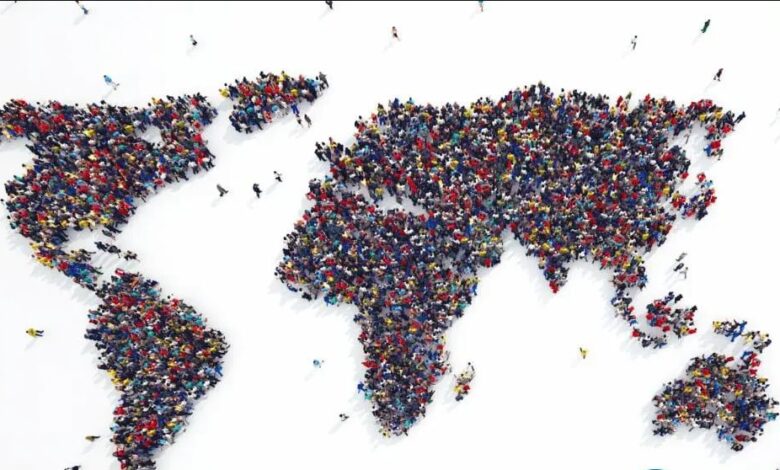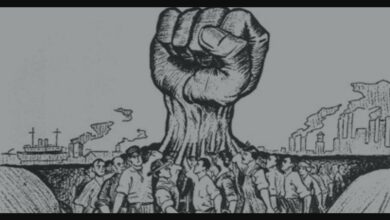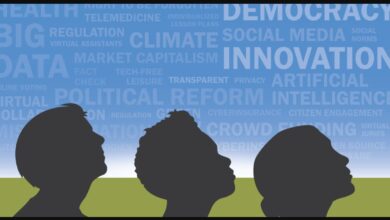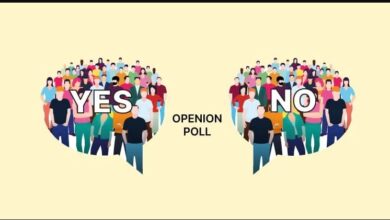The Role of Immigration Policies in Shaping Demographics and Society

Immigration policies have played a significant role in shaping demographics and society. The United States has always been a melting pot of cultures, and the influx of immigrants has contributed to its growth and diversity. Immigration policies have evolved over time, reflecting the changing attitudes of the government and its citizens toward immigration. In this article, we will explore the role of immigration policies in shaping demographics and society, and how they have influenced the United States over the years.
Introduction
Immigration is a crucial factor that has influenced the development and growth of many countries. People from different parts of the world come to live in other countries for various reasons, such as work, education, and family reunification. Immigration policies are the rules and regulations that govern the movement of people across borders. These policies determine who is allowed to enter a country, for how long, and under what conditions.
The Historical Perspective of Immigration Policies
The history of immigration policies in the United States can be traced back to the 19th century. In 1882, the Chinese Exclusion Act was passed, which prohibited the entry of Chinese immigrants. This was followed by other laws such as the Immigration Act of 1917, which required immigrants to pass a literacy test before entering the country. The Immigration and Nationality Act of 1965 marked a significant shift in immigration policies, as it abolished the quota system that favored certain countries and allowed for family reunification.
Immigration Policies and Demographics
Immigration policies have a direct impact on the demographics of a country. The United States has a long history of immigration, and as a result, it has a diverse population. Immigration policies can either increase or decrease the number of immigrants, and this can affect the racial and ethnic composition of the population. For example, the Immigration Reform and Control Act of 1986 granted amnesty to illegal immigrants, which led to an increase in the number of Hispanics in the country.
Immigration Policies and Society
Immigration policies also have a significant impact on society. Immigrants bring with them their cultures, languages, and traditions, which can enrich society. However, immigration can also lead to tensions and conflicts, particularly when it comes to issues such as employment and social services. Immigration policies can address these issues by regulating the number and type of immigrants allowed into the country, as well as providing support and assistance to immigrants.
The Current State of Immigration Policies
Immigration policies are still a contentious issue in the United States. The Trump administration implemented a series of policies aimed at reducing immigration, such as the travel ban on several Muslim-majority countries and the separation of families at the border. The Biden administration has taken steps to reverse these policies and has proposed a comprehensive immigration reform bill that would provide a path to citizenship for undocumented immigrants and increase the number of visas for legal immigrants.



